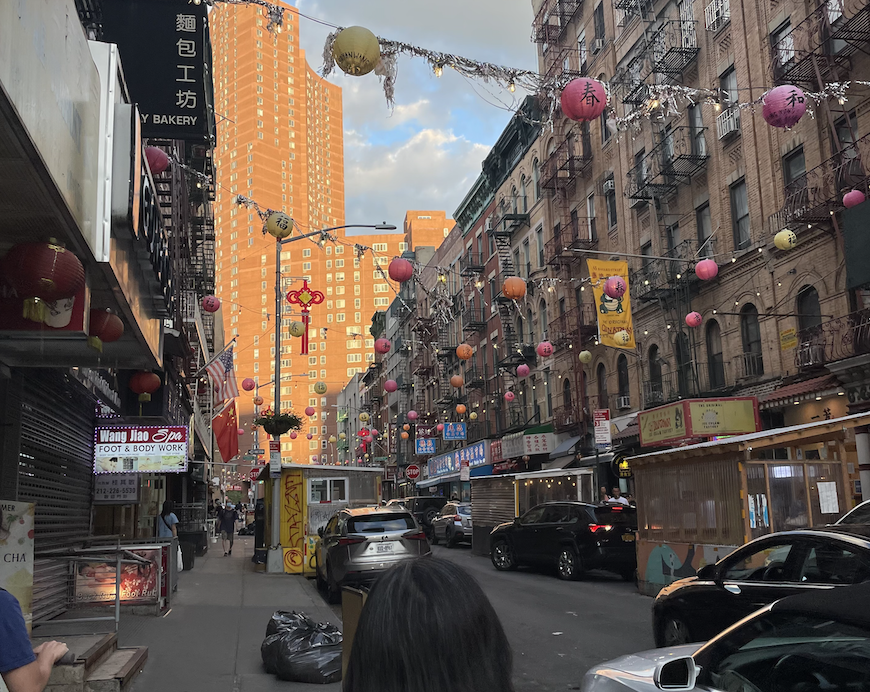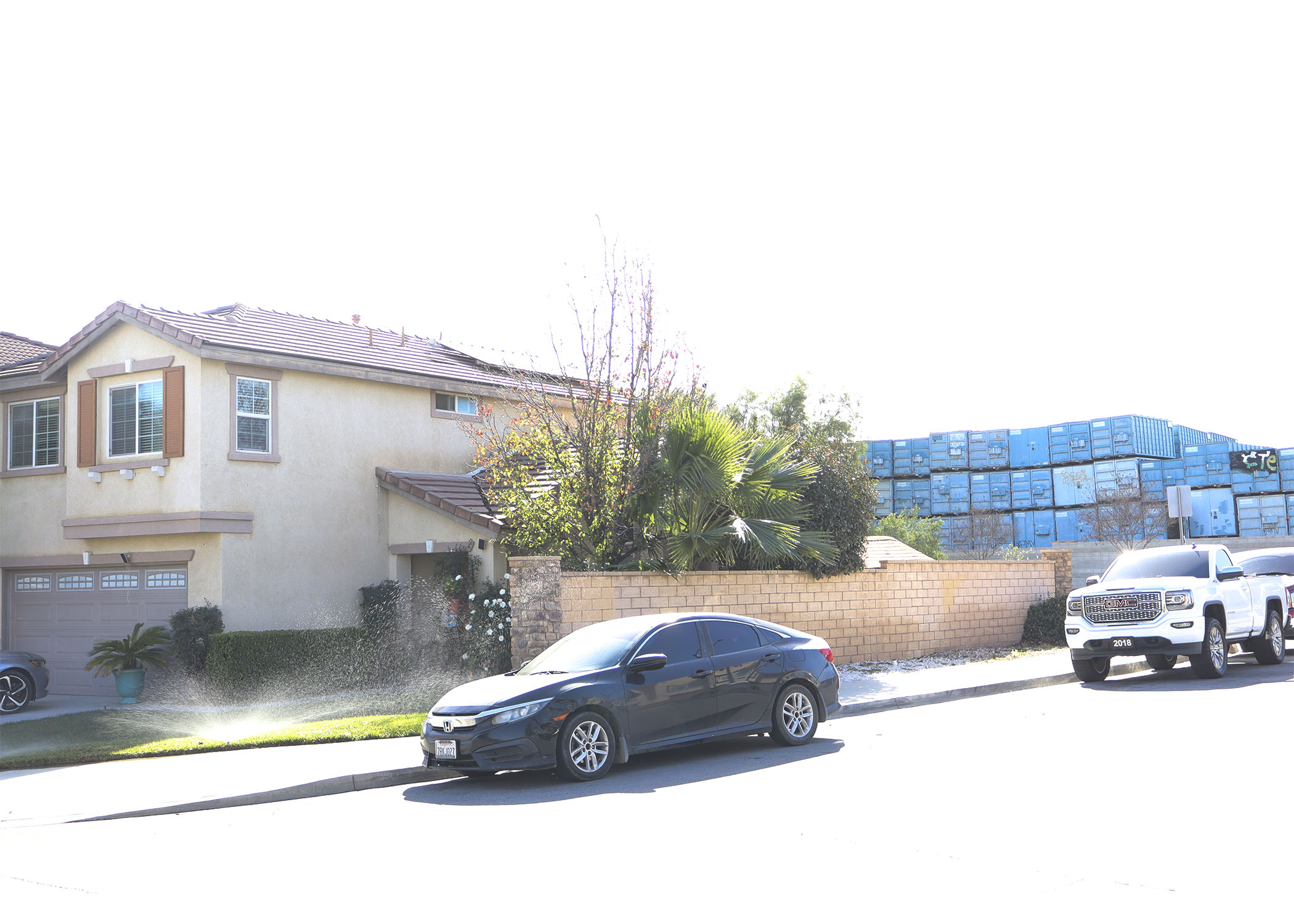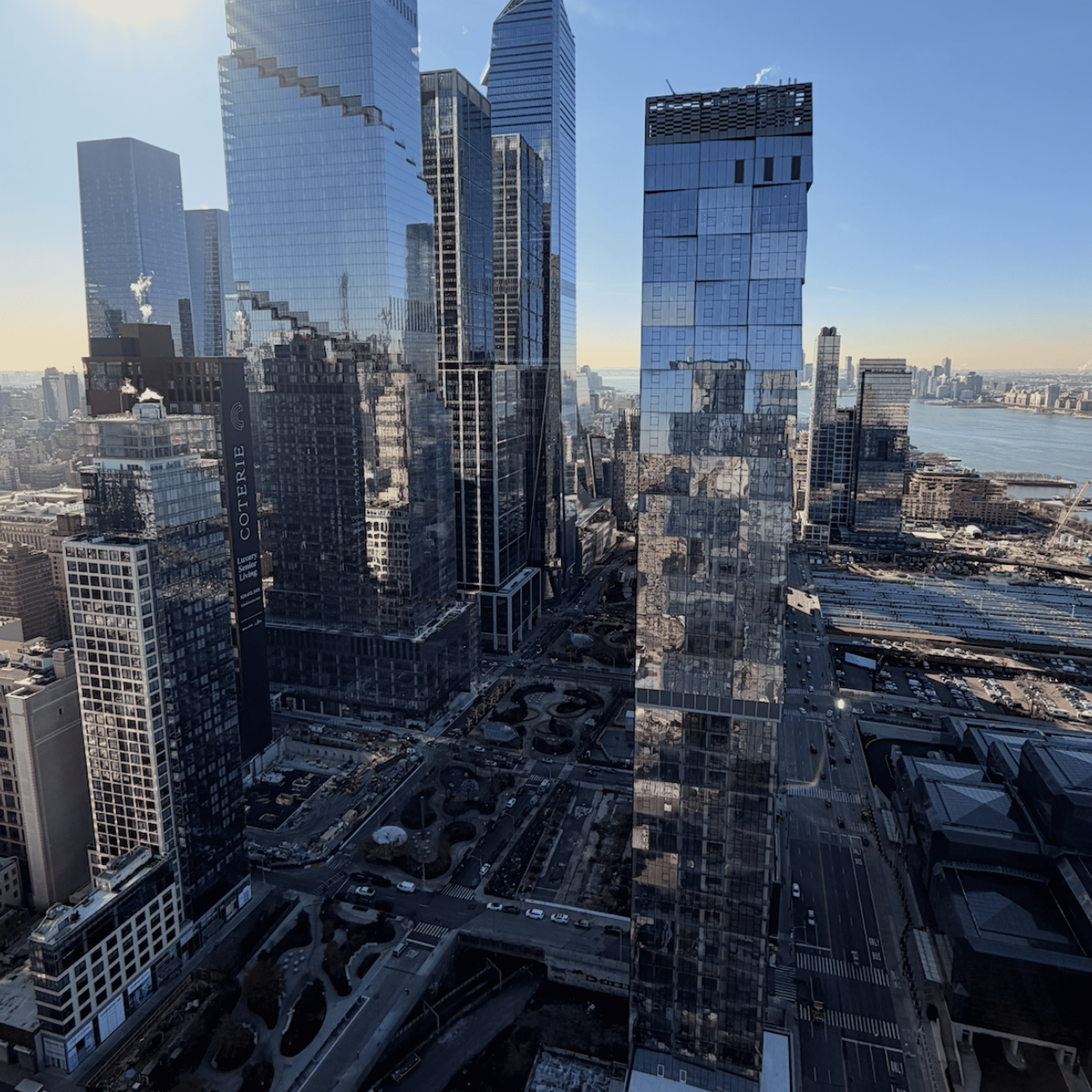Manhattan’s Chinatown is home to 100,000 New Yorkers and remains a strong cultural hub and ethnic enclave. Like the rest of New York, it isn’t immune to gentrification.
You’ll find trendy coffee shops next to old school dim sum cafes, and luxury developments popping up on every corner. What does this mean for the people who live and work here? The click interviewed several Chinatown residents and business owners.
Julie Tay is the founder and executive director of the Mencius Society, an organization dedicated to promoting Chinese folk arts and traditions, which had to move from its original Grand street location in 2017 due to rising rent costs. She said their new location, further east on Delancey, lost all the sense of home that they had created on Grand Street for the past 20 years.
“We were sort of part of the general trend of Chinatown, we had to move, of course it was a choice between being homeless, and closing up or any place that we could even afford. It was quite heartbreaking of course.”
Robert Chen, the owner of restaurant New York Vybes, grew up in New York. In his eyes, the fighting and violence that resulted from gang activity in his childhood is coming back. He thinks gentrification has taken no effect, and that New York is as bad as it was in the 80s.
At nearby Spongies Cafe, Fernando Ponce Sosa works from dawn to dusk making his famous Hong Kong style sponge cakes. He was mentored by a Hong Kong baker for 30 years and has also lived in New York City since the 90s. “So back in the 90s, we had 95% Asian customers. Now we have like 50/50, different kinds of customers,” he said. “After 9/11 Chinatown totally changed. They increase the prices for apartments, the rents for the stores, everything. Now its different.” He also has noticed a lot of transplants coming from places like the midwest or Texas into the neighborhood, a trend that started during the pandemic.
Deeper into Chinatown, you will find Mr. Fong’s bar, frequented by young trendy New Yorkers. Tate bartends there and lives in the area. His building is a mix of older, rent stabilized residents and newcomers like him. “I would expect there to be more animosity toward people coming in… it seems like everyone in the building gets along really well,” he said. “But it’s hard to live in a place that’s so homogenous and be an outsider. It’s hard to do it and not feel guilty. Because you are coming in and you are sort of potentially displacing someone.”
Gentrification is a complex an ongoing issue. Most people view it with an ambivalent lens, like this woman from Manhattan Florist said: “I think the community will keep on evolving. So it’s not a bad thing. Gentrification’s not a bad thing, no.”


